Consultant Amy Rebecca Gay led members of the Hopkinton School Committee, administrative staff and the Special Education Parent Advisory Council (SEPAC) through a two-hour working session on Wednesday to see if they could repair their communication issues and work effectively together in the future.
SEPAC members were among the individuals speaking out against proposed cuts to therapy services earlier in the budget process. They expressed concern at that time they were not receiving timely or accurate information and were left “out of the loop” regarding the budget.
Some of the discussion on Wednesday revolved around Superintendent Carol Cavanaugh’s concern that a distinction be made between SEPAC weighing in on programming matters versus operational steps that are taken to solve problems.
Operations would include things like personnel decisions, teacher training, bargaining rights, shifting of staff and service delivery.
Cavanaugh said she didn’t want a situation with individual parents coming in to publicly talk about their special education (SPED) child and a specific problem with their learning plan. That is something that is handled with the director of student services and others individually on staff.
Examples used throughout the meeting included levels of staffing in the cafeteria. Cavanaugh noted it would be appropriate for parents to express a collective concern about issues arising affecting a number of students. However, she added that SEPAC deeming a certain number of supervisors assigned to oversee the cafeteria inadequate or putting forth what they want as a staffing number would be beyond their scope.
SEPAC chair Jen Halliday said she is looking for better communication and access to information from the district.
School Committee vice chair Amanda Fargiano talked about how the School Committee also serves in an advisory capacity. Members bring forward concerns expressed by individuals in the community or that they see in data. However, she noted that although they may want changes made, the committee leaves it up to the district educators to decide the best course of action.
School Committee chair Nancy Cavanaugh spoke about the importance of working more closely with SEPAC and meeting regularly, something that was lost because of COVID.
Director of Student Services Karen Zaleski said she is willing to collaborate, organize monthly meetings and continue planning the SEPAC calendar and family events as well as sending emails and memos to parents of special needs children, as in the past.
Zaleski added she is willing to participate in additional sessions and provide information but would like advance notice of what agenda topics at meetings involving SEPAC will be and who is setting the agenda so she can prepare.
It also would help her to bring in an appropriate director or principal pertinent to an issue.
Nancy Cavanaugh spoke in favor of having more input from SEPAC. Cavanaugh currently serves as the liaison to that group and sees its role as “bringing the temperature of the community to us.”
She said it would be useful for the School Committee to “have feedback on the issues you hear and see.”
Gay ultimately had the groups commit to meeting during the second week of May to do a recap of the school year — what went well and what needs to be done going forward.
Likely in October, another session would have SEPAC “bring the voice of the parents” to the School Committee and administrators, identify systemic challenges, ask questions and “have a dialogue,” the parties agreed.
Another idea was to have a “point person” from SEPAC attend School Committee meetings when pertinent special education issues are on the agenda if they cannot attend all of the sessions.
Halliday and SEPAC vice chair Jamie Wronka emphasized the importance of having access to accurate data so it could be shared with parents who have concerns. There was some back-and-forth discussion with administrators on how much data SEPAC should be entitled to and when it would cross the line into “operational” matters rather than for informational purposes.
Assistant Superintendent Jeff LaBroad noted that he previously was a building principal and always wanted to hear from parents. He would tell them to let him know if what he promised to resolve a situation did not happen in a certain amount of time.
“It’s a powerful, relationship-building bridge,” LaBroad said.
He said asking productive questions is fine, but there also has to be trust that school leaders will “make things right” for the kids and have their best interests in mind too.
LaBroad emphasized the focus should always be on “results and outcomes.”
He and Carol Cavanaugh talked about the need to rebuild trust with the parent group. The superintendent acknowledged it was lost during the budget season and will take time to fix.
Another topic was the use of social media and the impact it can have during disputes such as during the budget process. Halliday said social media initially was used to organize because SEPAC didn’t get the data it needed.
She said social media was not “misused” but gave empowerment to families and support to teachers. However, she said it was not a SEPAC page but rather a “repository” for parent letters.
On the topic of “sustainability,” School Committee members said the relationship with SEPAC needs to be embedded in school policy so that in the future it will continue no matter who is sitting on the committee.


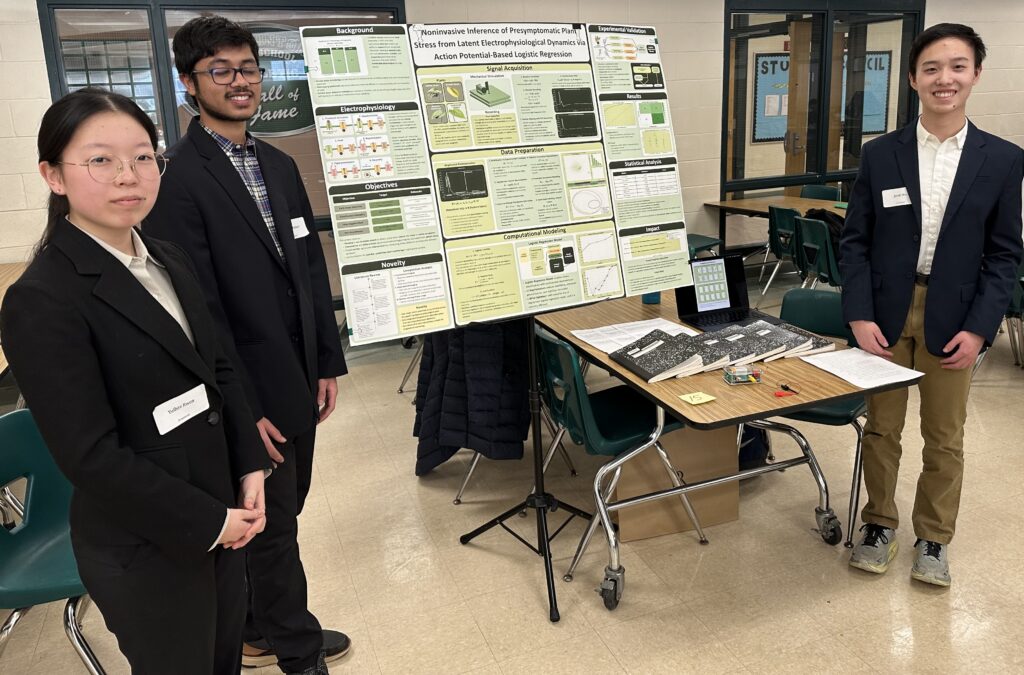
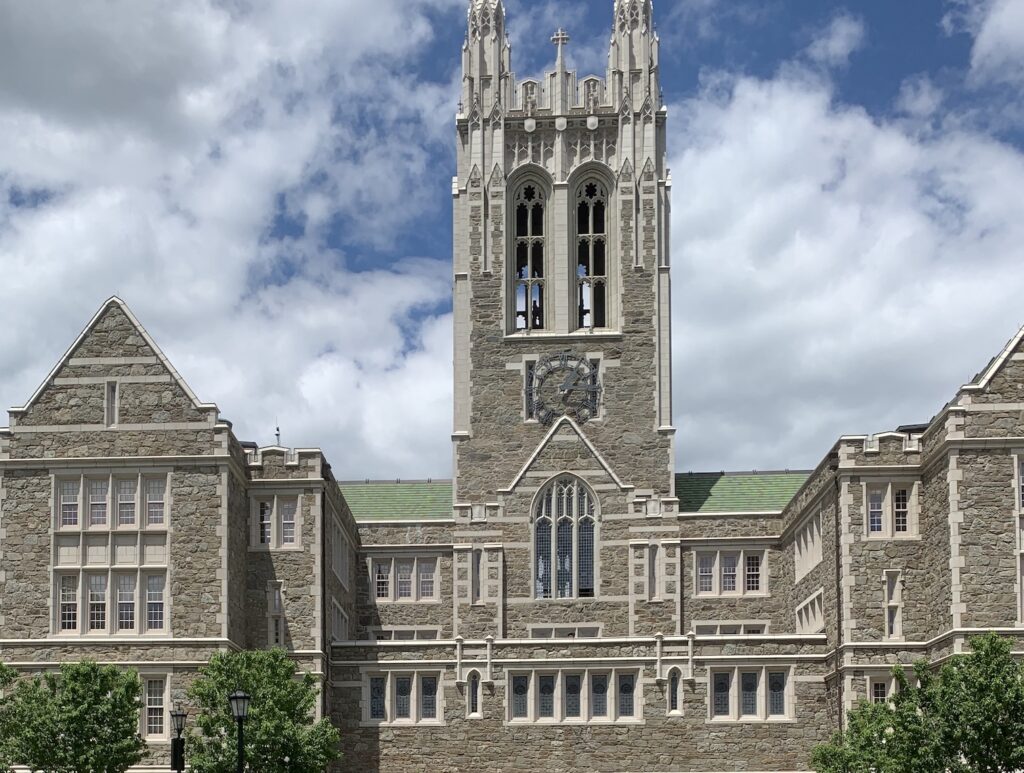

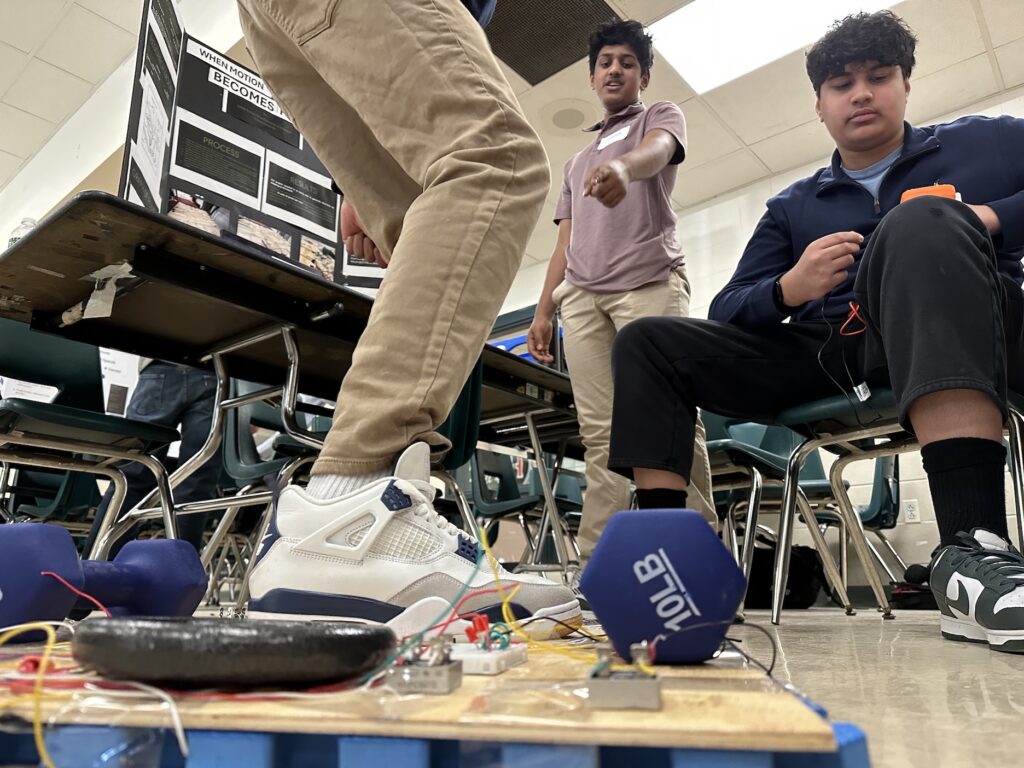
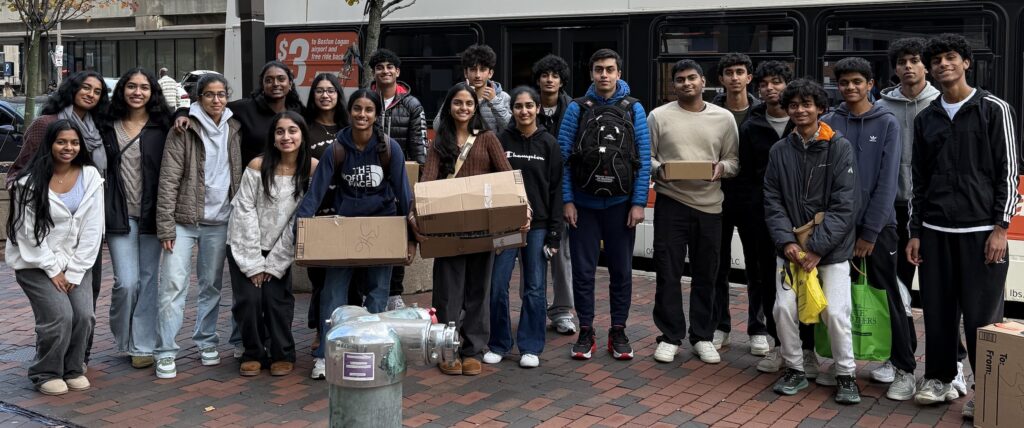
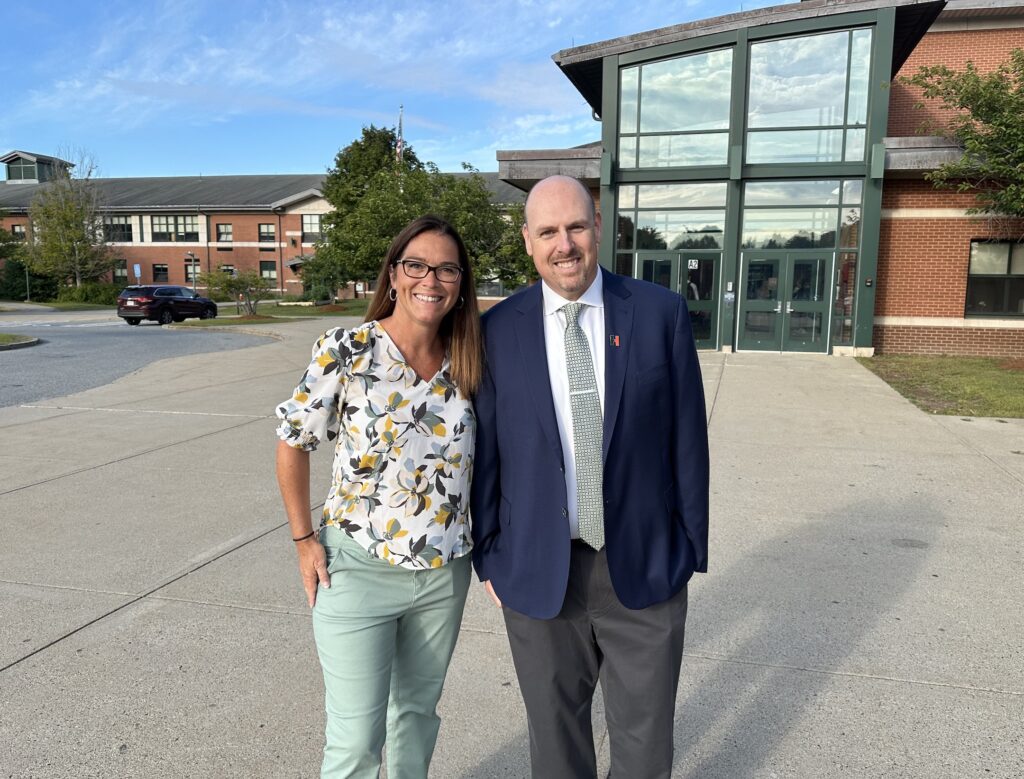













0 Comments